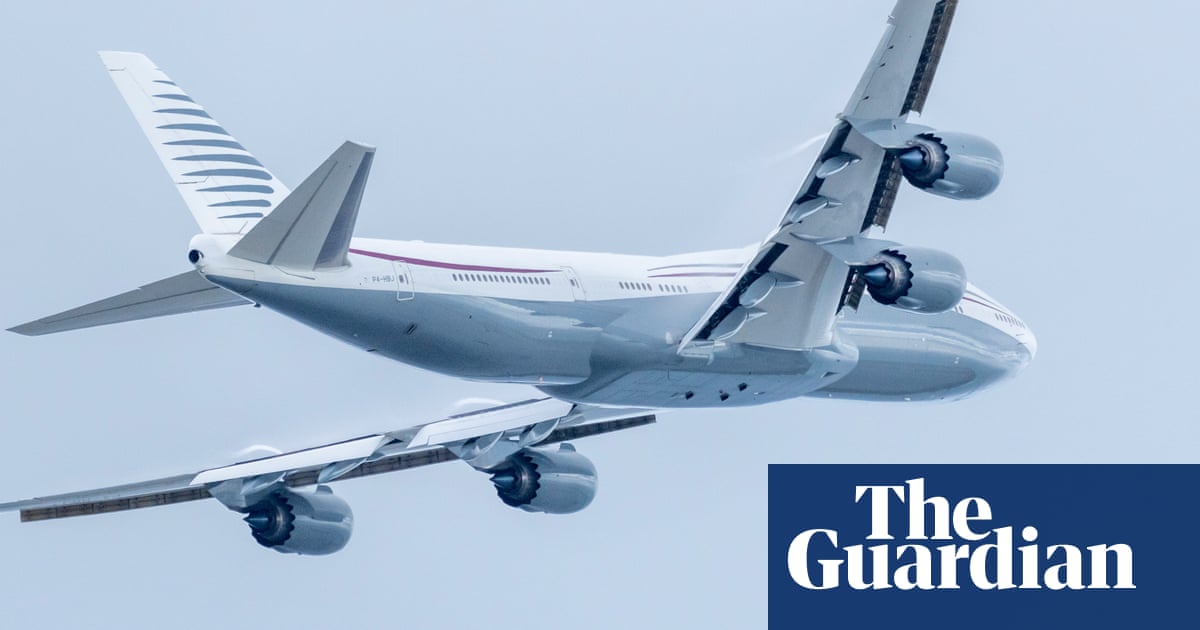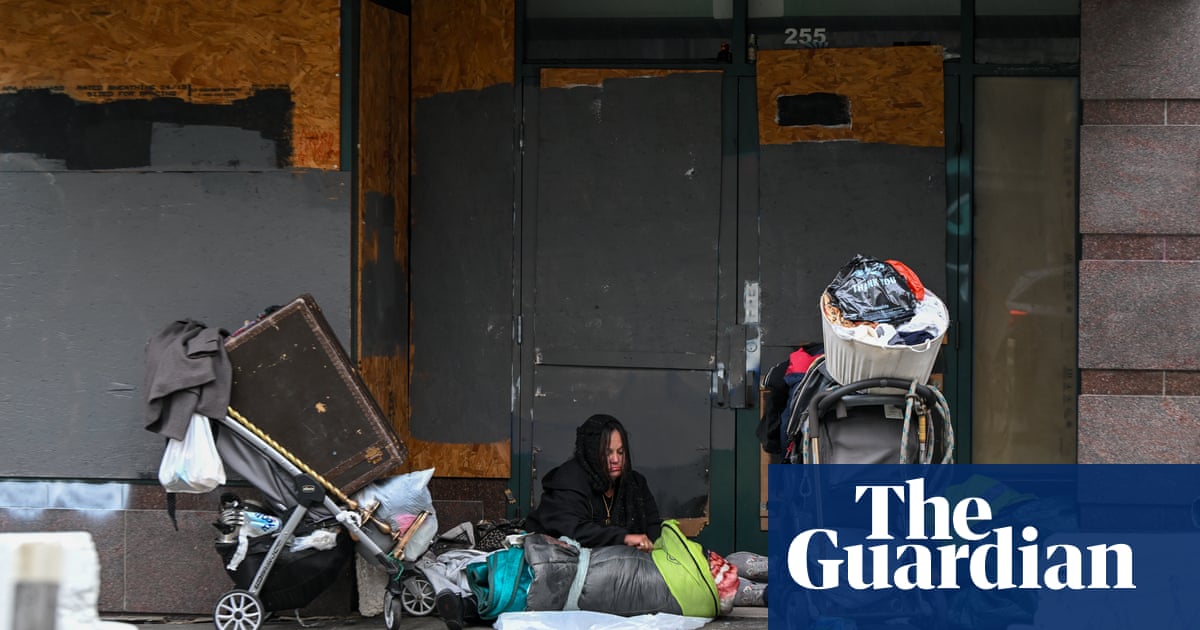After a chaotic week of flip-flopping tariff policies, cheap clothes from China are nearly certain to face a steep price hike soon – prompting concern among fast fashion retailers and potentially pushing consumers to look for other alternatives.
As part of a package of global tariff policies announced on “liberation day” last week, Donald Trump signed an executive order that ended a duty-free exemption for low-priced goods to enter the US from China and Hong Kong. Known as the “de-minimis” rule, packages under $800 do not qualify for any taxes or tariffs on the goods and are inspected minimally at the border.
Conceived as a means to allow Americans to bring back low-cost goods to the US from abroad, fast fashion giants like Shein and Temu have used the rule to send low-cost e-commerce purchases to the US with few expenses.
Alon Rotem, the chief strategy officer for ThredUp, an online thrift store, welcomed the executive order.
“With the proliferation of fast fashion, this is something we’ve really supported because it creates an unfair competitive advantage,” he said.
Ending the de-minimis rule has been a target of bipartisan legislators in recent years as the value of goods entering the US under the rule soared from about $5.5bn in 2018 to $66bn in 2023, according to a congressional report. Nearly two-thirds of packages under the rule were shipped from China and Hong Kong, said a US International Trade Commission briefing.
ThredUp has pushed for legislation to end the de-minimis rule through the American Circular Textiles, a trade group it helped found that advocates for strengthening domestic supply chains. Other members include the RealReal, Reformation and H&M.
“This change was coming,” said Derek Lossing, the founder of Cirrus Global Advisors, a global logistics firm. “Maybe it’ll catch consumers by surprise, but it’s ultimately not catching the brands significantly by surprise.”
Some companies have already begun diversifying their production outside of China. Others have evolved their business model to begin stocking more inventory in the US as well as moving some production here and then fulfilling orders domestically, Lossing added.
Trump first announced the rule change in February, but then recanted in order to give border agents time to figure out how to address an influx of so many packages that will require more extensive inspection.
It is currently expected to take effect 2 May. After that, the packages will be subject to a tariff rate of 30% or $25 an item, rising to $50 an item on 1 June. When China responded with retaliatory tariffs this week, Trump hit back and then tripled the rates for previously exempt packages to 90% or $75 an item, rising to $150 on 1 June.
“Everyone’s just pulling up their pants and bracing for impact,” said Jason Wong, who works in product logistics for Temu in Hong Kong. “We know it’s going to be a mess.”
Wong said one plan is to make more of a push into Europe as well as Australia, which has its own de-minimis rule that goods under $1,000 can enter the country without taxes or tariffs.
“We know for a fact that the demand from the US and North America will significantly decrease,” he said.
Shein and Temu did not respond to requests for comment about any shifts to their business model in response to the forthcoming rule change.
Rotem, the ThredUp executive, said the rule change creates an opening for consumers to consider other options, including buying secondhand clothes. While he acknowledged that shoppers care about sustainability, he said it’s a secondary decision of consumers to price.
“All of a sudden, if ultra fast fashion is now 30% or so more expensive, it really does make the value proposition that much more compelling for resale,” he said.
after newsletter promotion
Some retail experts cautioned that the rule change may not deter consumers from options like Shein or Temu, because many of their items are so inexpensive to begin with.
“Americans’ love affair with cheap goods is not over,” said Jason Goldberd, chief commerce strategy officer at Publicis Groupe, a global communications firm. “Even with the tariffs, the products still may be attractively priced.”
Rotem said he saw promise in the shift: “We’re never going to get this thing perfect, but the progress with public policy to encourage resale is something that we’re going to support.”
While the de-minimis rule change remains intact for now, anxiety and confusion is also high amid a whiplash in policies and wild market swings. On Wednesday, Trump ordered a 90-day freeze on tariffs, though kept a 10% flat rate tariff intact and then raised tariff rates for China.
“Based on the lack of respect that China has shown to the World’s Markets, I am hereby raising the Tariff charged to China by the United States of America to 125%, effective immediately,” Trump wrote.
On Friday, China responded by raising its tariff rate to 125% as well. An official said it would not raise the tariff rate any further than that.
Wong, who works in Temu logistics, said that there have been so many changes to the policies, that partly the move will be to simply keep watching for now.
“We don’t know how long this de-minimis thing is going to last,” he said, adding that backlash from consumers could lead to yet another policy shift.
Goldberg echoed that sentiment, calling it “a dynamic situation”.
“It may be different tomorrow,” he said.

 German (DE)
German (DE)  English (US)
English (US)  Spanish (ES)
Spanish (ES)  French (FR)
French (FR)  Hindi (IN)
Hindi (IN)  Italian (IT)
Italian (IT)  Russian (RU)
Russian (RU)  4 weeks ago
4 weeks ago
























Comments